
Secret Risks for Second Moms: Burnout, Compassion Fatigue or Secondary Trauma
You May Be at Greater Risk for Burnout, Compassion Fatigue or Secondary Trauma!
As an adoptive mom you may be at a heightened risk for burnout, compassion fatigue or secondary trauma as primary caregiver for high need children and teens. In many adoptive families the children have suffered an enormous degree of trauma and in particular the loss of not only their first mother but other caregivers as well in their formative years. This can impact them long-term in various ways, complicating your role as their parent-caregiver.
Can setting emotional boundaries help you avoid burnout as a mom and caregiver?
You’ve seen & heard quite a bit about setting boundaries by now I suppose. And perhaps you have a good grip on what it means to set personal boundaries with others, and have even put this into practice in your own life. Even so, to make sure that we’re on the same page today, you need to know that what I mean by the word “boundaries” is that dividing line (boundary) you make to protect something of yours from trespass by another that says you will not continue past that line (boundary) with the other person.
In practice it may sound something like, “I will not continue listening to you yell obscenities at me;” a boundary to protect your finances might sound like, “I will not continue paying you while your work is unfinished;” one to protect property – “I won’t leave without locking the door first”; one to protect physical safety – “I won’t stay in the house where there are unsecured weapons.”
With all these various boundaries to protect different things, there may be an emotional component. But today I want us to pick apart and focus primarily on emotional boundaries. You may set boundaries to protect your time, your physical body, your work/ability to get work done, your belongings. You can also set boundaries to protect your emotional safety.
What is an emotional boundary?
Emotional boundaries have to do with the separateness of your emotional experience from that of others. I think of emotional boundaries as the other side of the coin of empathy. Empathy says “I care about you and your feelings”, and even, “I know what that feels like” – Healthy emotional boundaries say, “you have your feelings and I have mine”.
An emotional boundary protects your feelings and your emotions from getting trampled by others, as well as from absorbing those of someone else…taking on someone else’s feelings as your own.
Examples of emotional boundaries like the one above stating that you won’t continue the conversation while the other person hurl insults can be an emotional boundary protective of your emotions that are likely being invaded upon and trampled in such a situation - so the boundary is I won’t…which begs the question, what WILL you do? This is where we sometimes get mixed up and try to control the other person with our so called boundary, rather than using it to guide our own actions.
What’s another example of an emotional boundary. How about taking time for yourself in stressful circumstances to regroup and refill your emotional tank?
What could be an emotional boundary for you that might also be a good example for your children?
We already touched on setting boundaries around conversation. Those can be good, but harder to start with. You might get in some practice in boundary setting with something easier, such as setting an emotional boundary for yourself in another area. What fuels your emotional tank? Daily prayer time, a walk, quiet me-time, maybe weekly outings without the kiddos or with your spouse.
Setting a boundary to protect that important emotional refueling time might look like putting it on the schedule or calendar and committing to doing nothing else during that time block. It may be as simple as setting up your morning routine to work for your emotional needs so you aren’t steamed over skipping your shower to look for someone else’s shoes in the morning. Or scheduling a regular time your child can be looked after by someone else for your own emotional needs and making it a priority.
How can setting emotional boundaries help you avoid burnout as a mom and caregiver?
By now you recognize that an important precursor to setting good emotional boundaries is to distinguish your own emotions and feelings from those of other people. That’s harder for some of us than others. As a mom and caregiver – particularly in the case of a child with attachment trauma – burnout, compassion fatigue or secondary trauma is a risk. Making the effort to set healthy emotional boundaries for yourself can help you avoid depleting your emotional energy.
Emotional boundaries can help you take needed breaks without misplaced feelings of guilt. Emotional boundaries help avoid overwhelm and help you be more effective & think more clearly.
- Take breaks when you need them.
- Don't take things personally.
- Set clear expectations and consequences.
- Be consistent.
- Don't argue with your child.
- Ask for help when you need it.
- Take care of yourself.
- Find a support system.
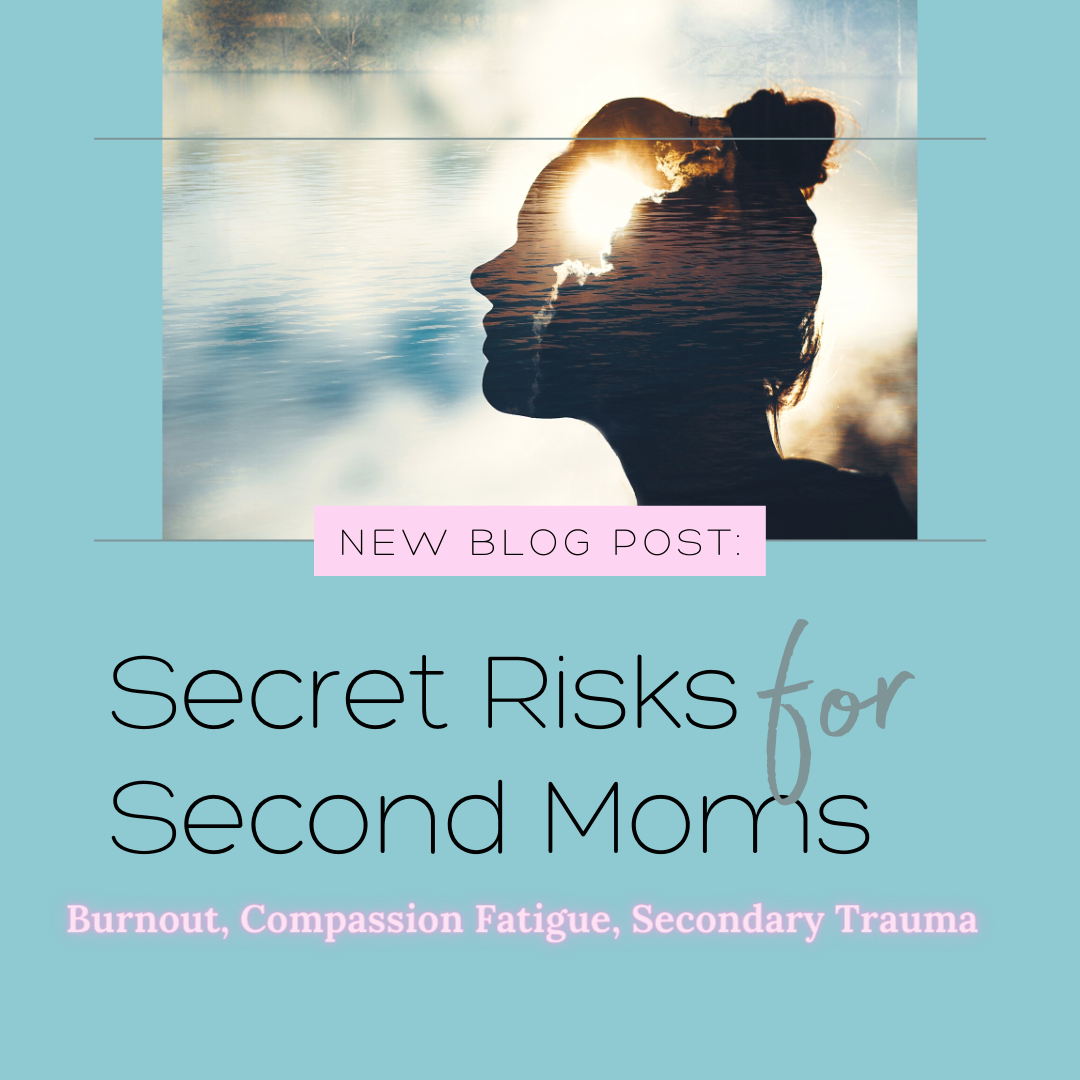
Just as our kiddos with less than secure attachments tend to have walls up that can impede their accepting love and nurture from us, we can go the other extreme with not enough separation with a your-pain-is-my-pain kind of approach, kind of an empathy on steroids which is not healthy for anyone.
I appreciate if you would leave a comment or podcast review if this helps you.
Dawn
_____________________________________
STANDING IN THE GAP FOR 2nd MOMS
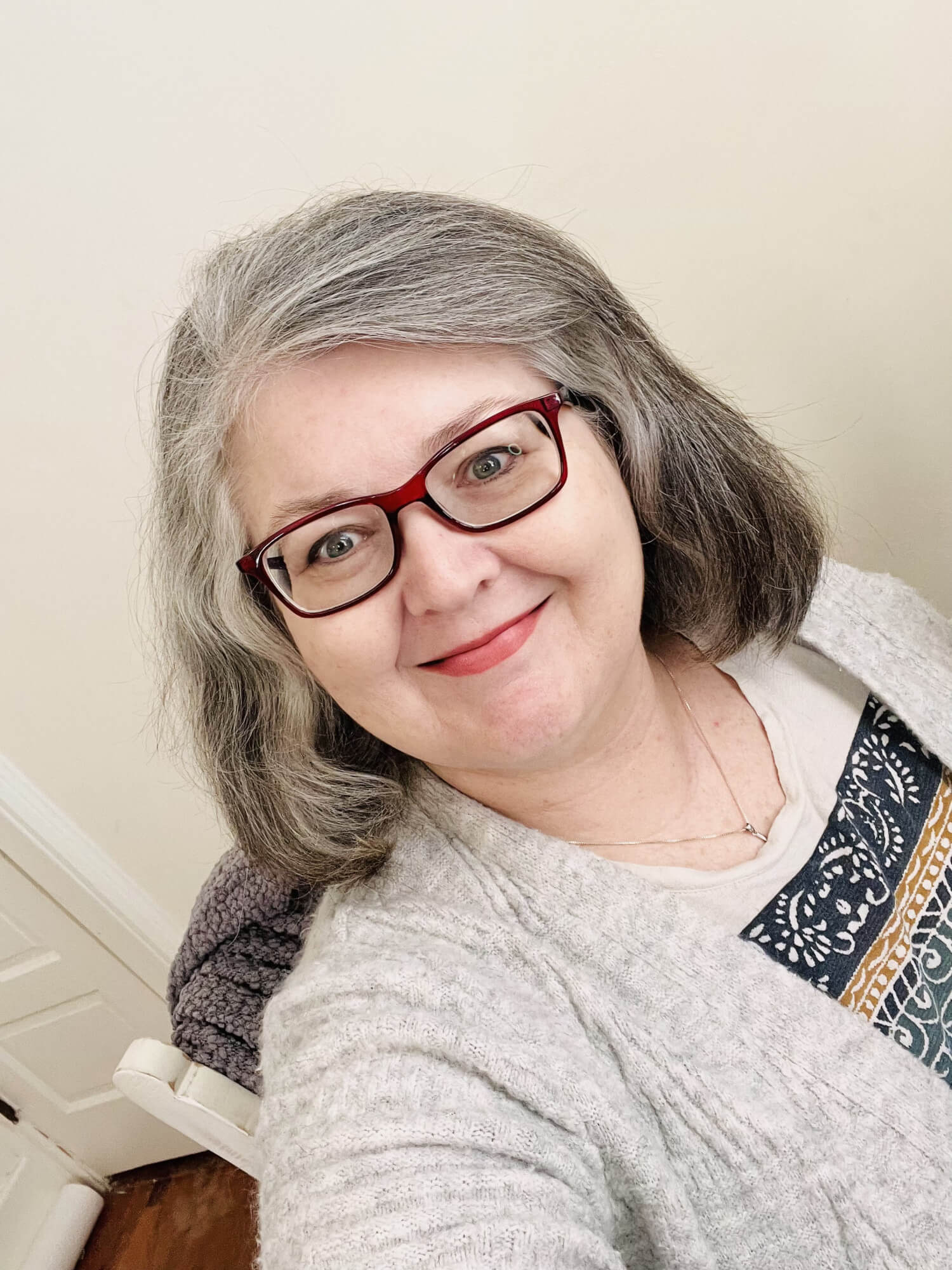
Publishing this podcast & companion blog is one way that I stand in the gap for second moms with similar challenges to what I’ve gone through myself as an adoptive mom.
You can listen & subscribe to the podcast on your favorite listening platform.
(Scroll down for Apple Podcasts & Spotify links).
Plus I offer a free Facebook group for added support. Tap the JOIN LINK for group access.
Group members who want private coaching with me are invited into my private coaching program (not required to participate in & benefit from the group support but an option for those who want it).
______________________________________________________
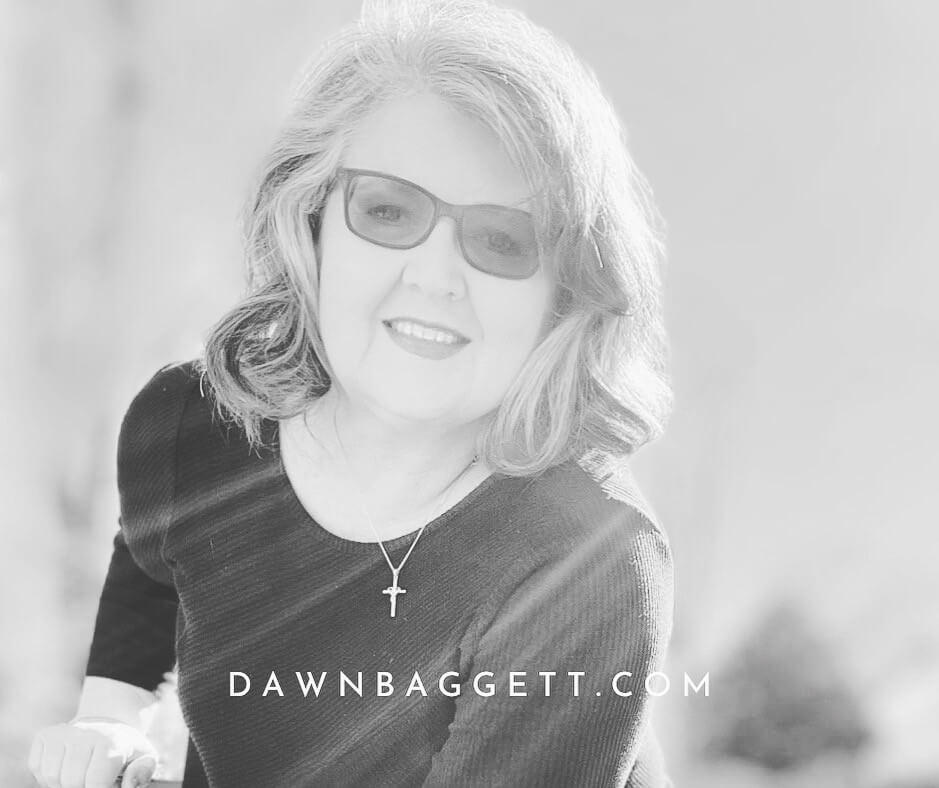
Post Adoption (Mom) Coach
“STANDING IN THE GAP FOR SECOND MOMS in Adoptive & Blended Families
As a Certified LifeMapping(R) Coach, Dawn helps Christian adoptive moms navigate the challenges of their non-traditional families with their own brand of (faith fueled) success!
DISCLAIMER: I’m a coach, not a doctor nor a therapist. As a coach I do not offer mental or medical health diagnosis, treatment or cures. Furthermore, I am no longer a practicing attorney and do not offer individual legal advice. For individual advice related to your own personal situation I recommend you seek out an appropriate professional. Coaching may fill a spot in your overall support network.
—
Copyright © 2025 Dawn T. Baggett, JD - All rights reserved
—
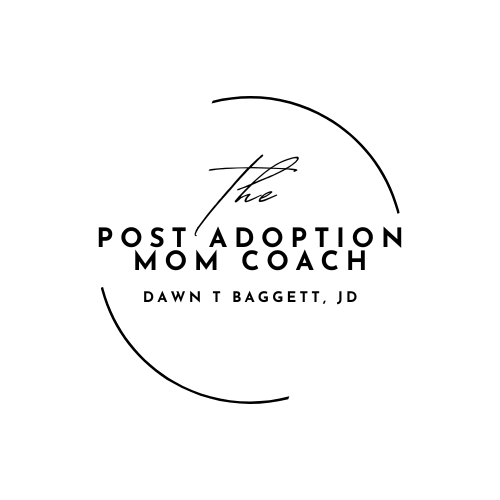

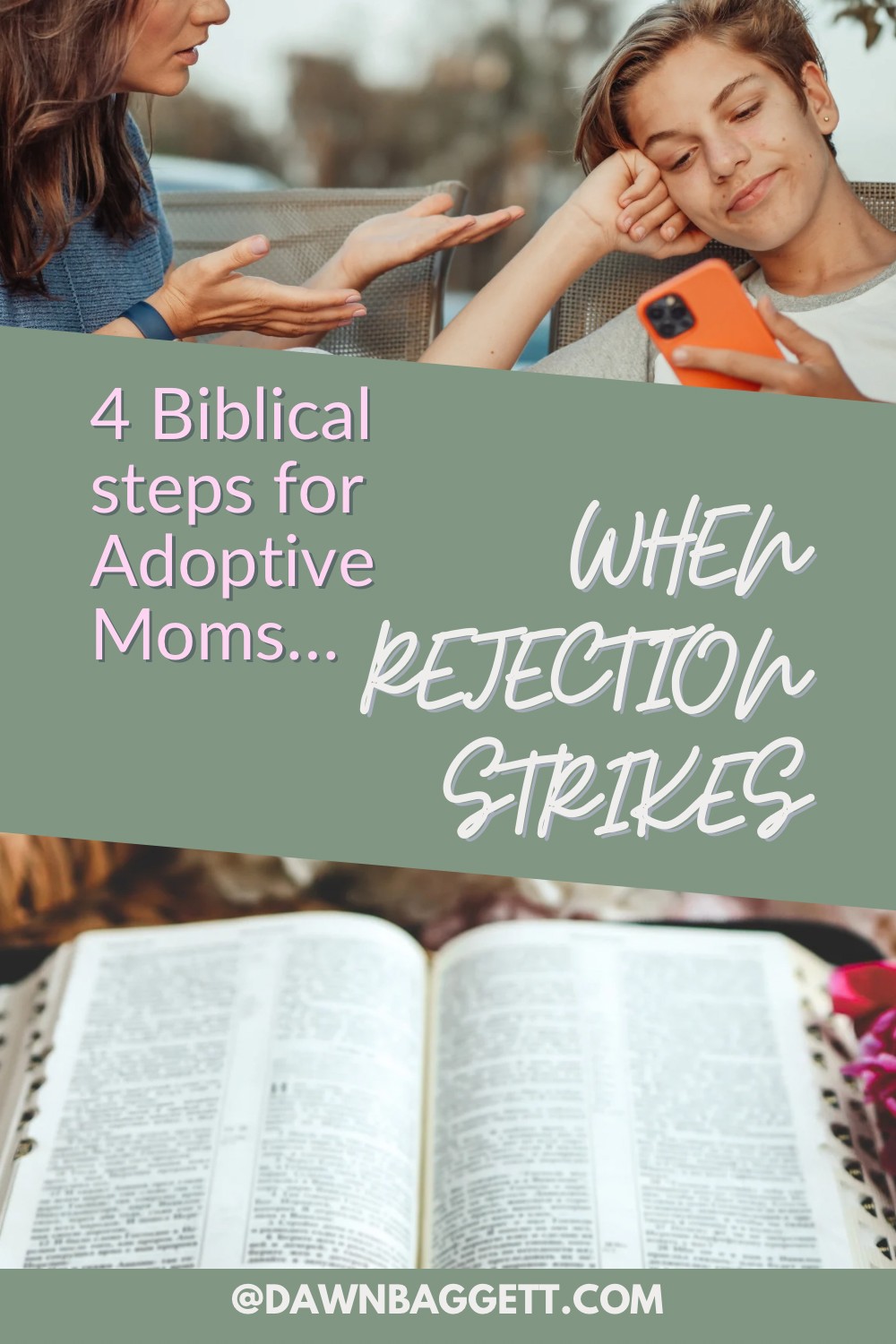
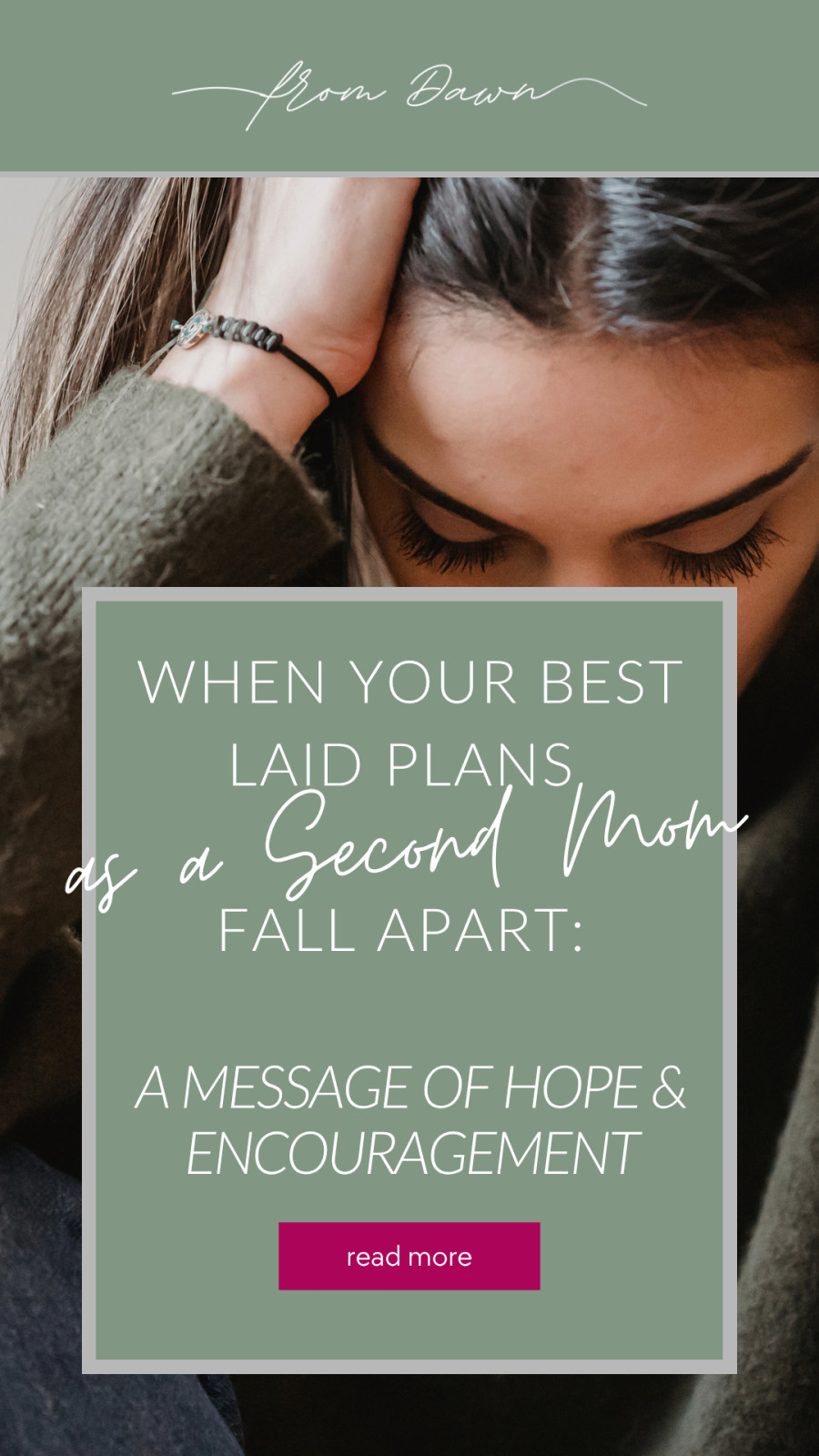

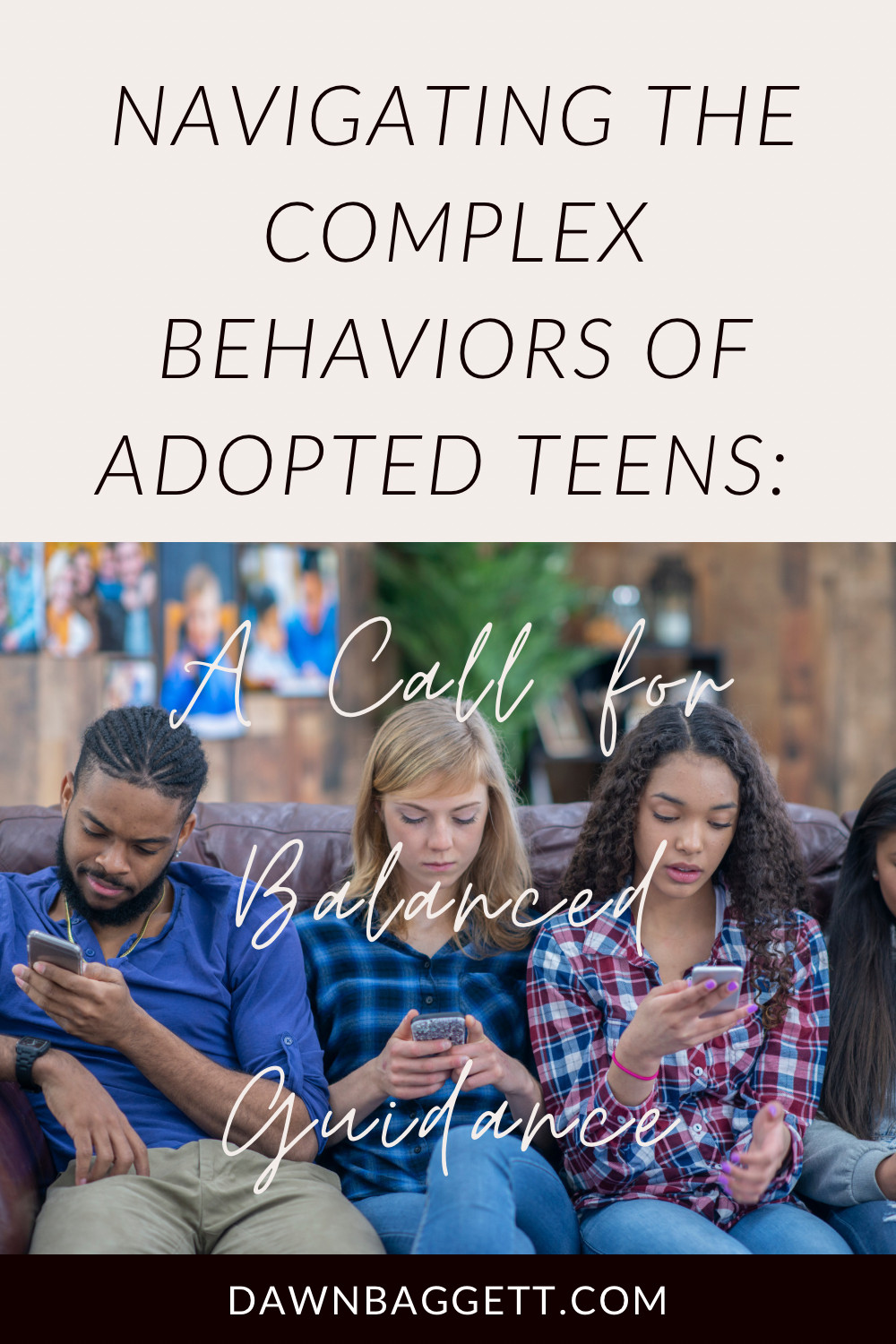
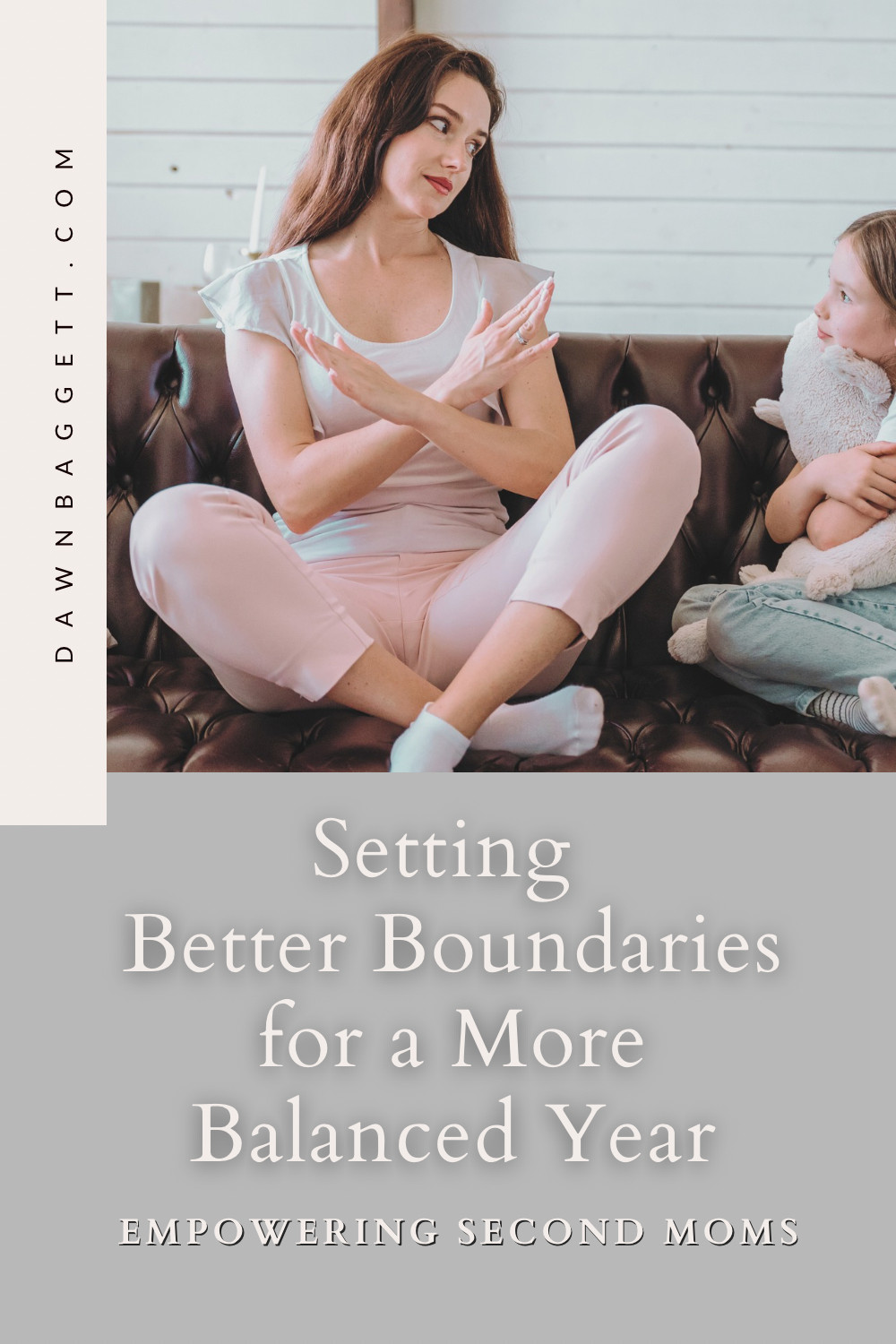
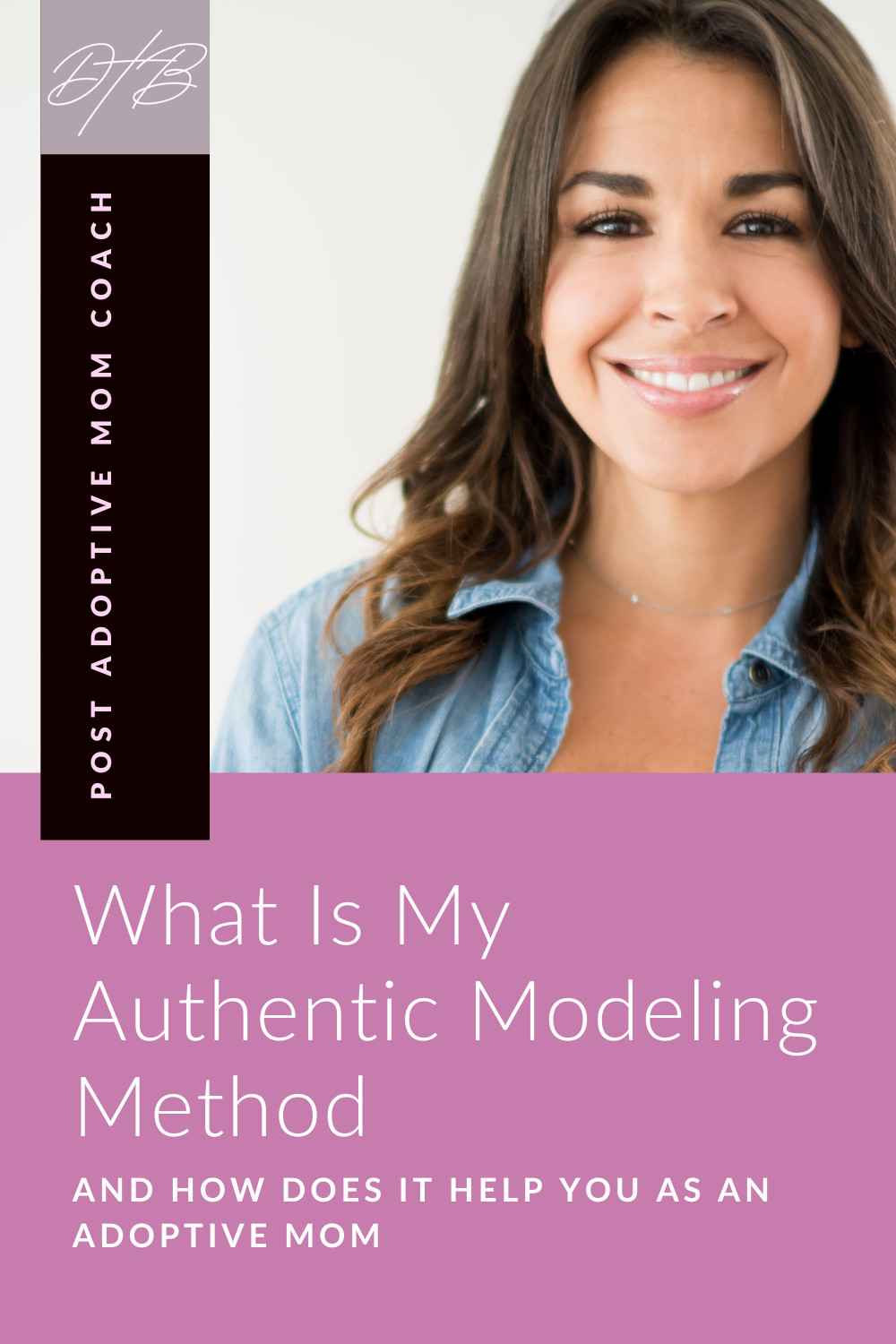
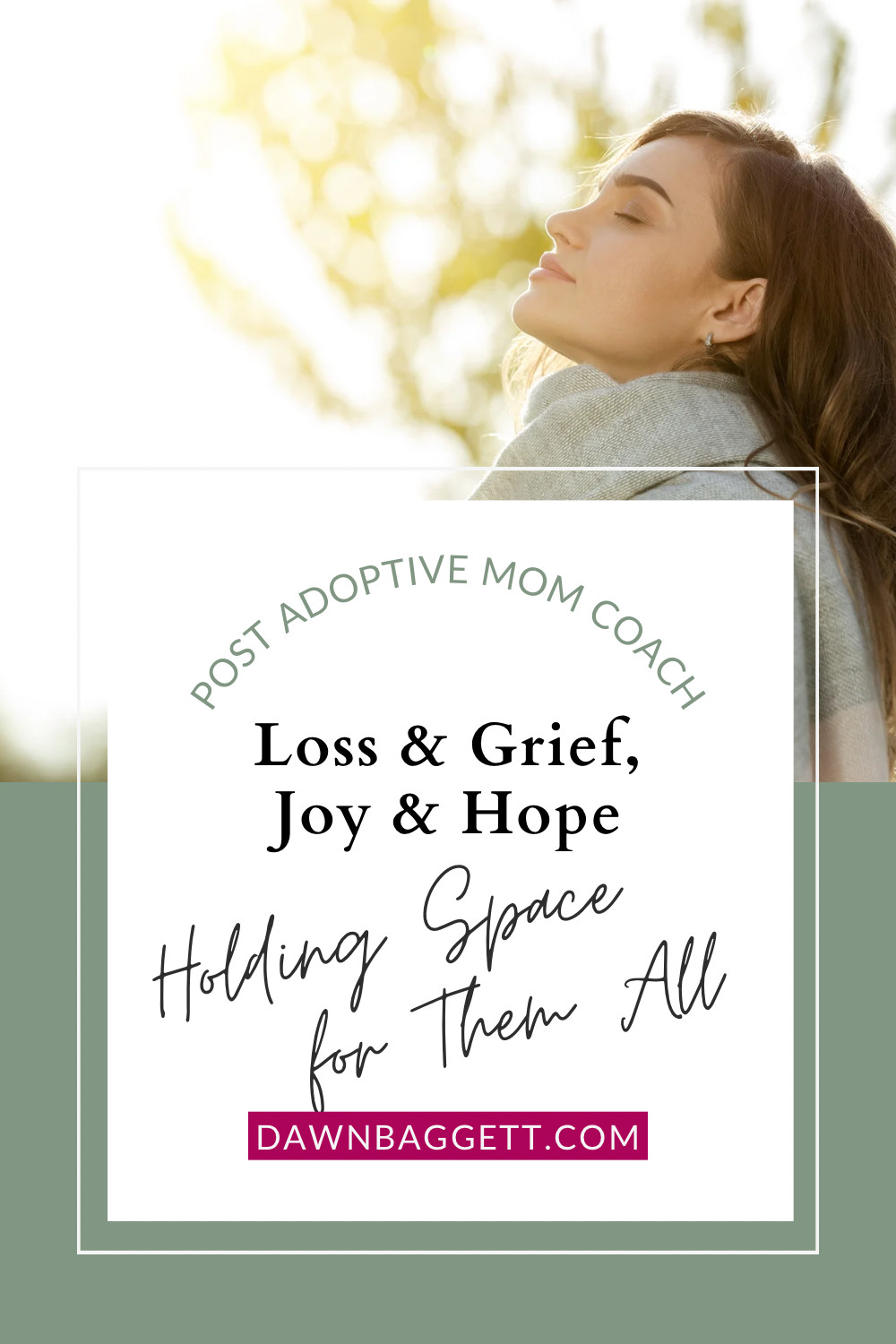
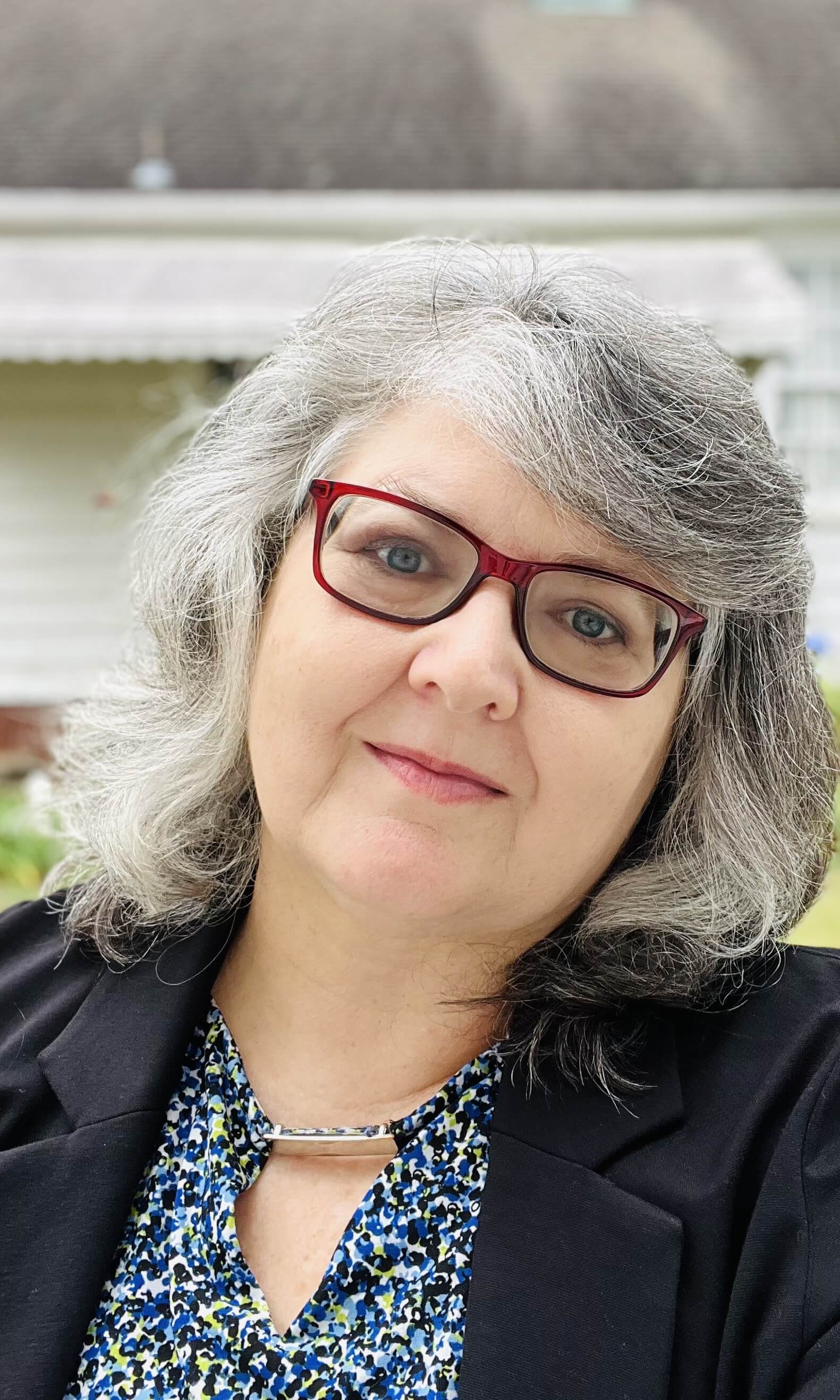
0 Comments